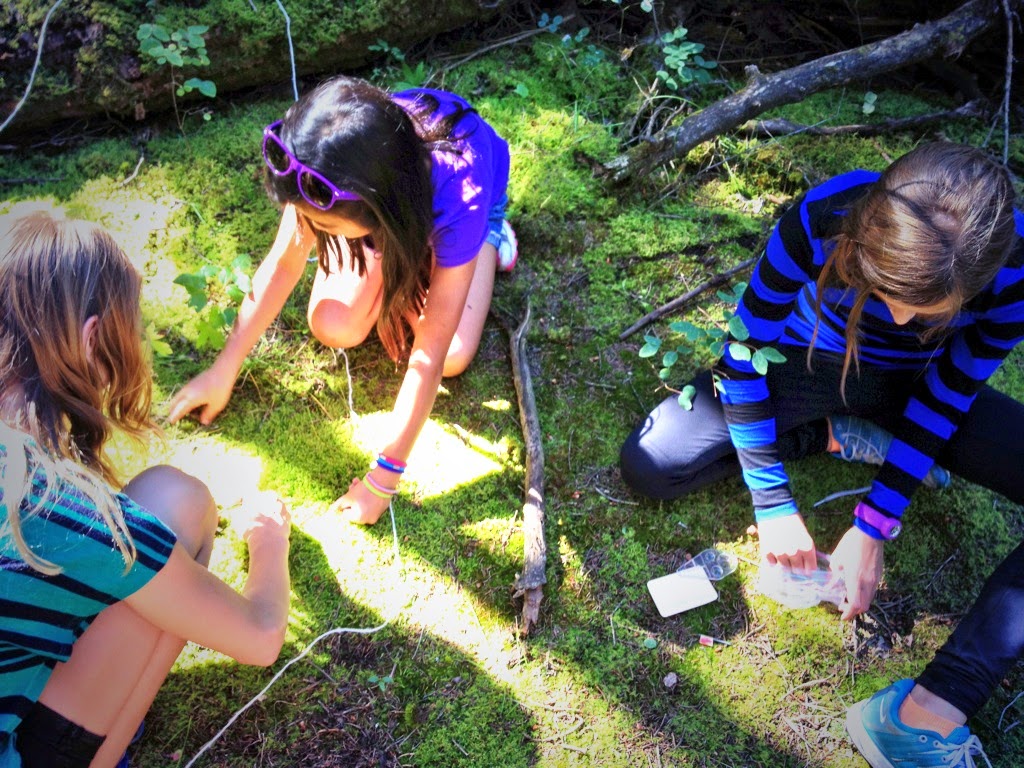The Grade 7 Humanities teachers are supporting students in the creation of powerful documentaries that communicate an important aspect of their family's history. Using the iMovie program, students have included personal interviews and a variety of media and images to create visually compelling videos that honour the historical accomplishments of their family.
In addition to crafting creative iMovies, students were challenged to research their chosen topic from a critical, historical, and geographical standpoint. Extensive work was done to help students develop these important thinking skills and strategies, and they have provided evidence of their use of these skills and strategies throughout the learning process. Students were challenged to develop their work around a central theme that spoke to the emotional heart of the story. One way this was accomplished was through the title. Students worked rigorously on creating an impactful title that connected the topic of the story with the historical theme (sacrifice, bravery, perseverance, etc.) We are excited to see what our students will create. Here is a little "Hollywood"-style trailer that gives you a sense of what they are striving for. Enjoy.



























